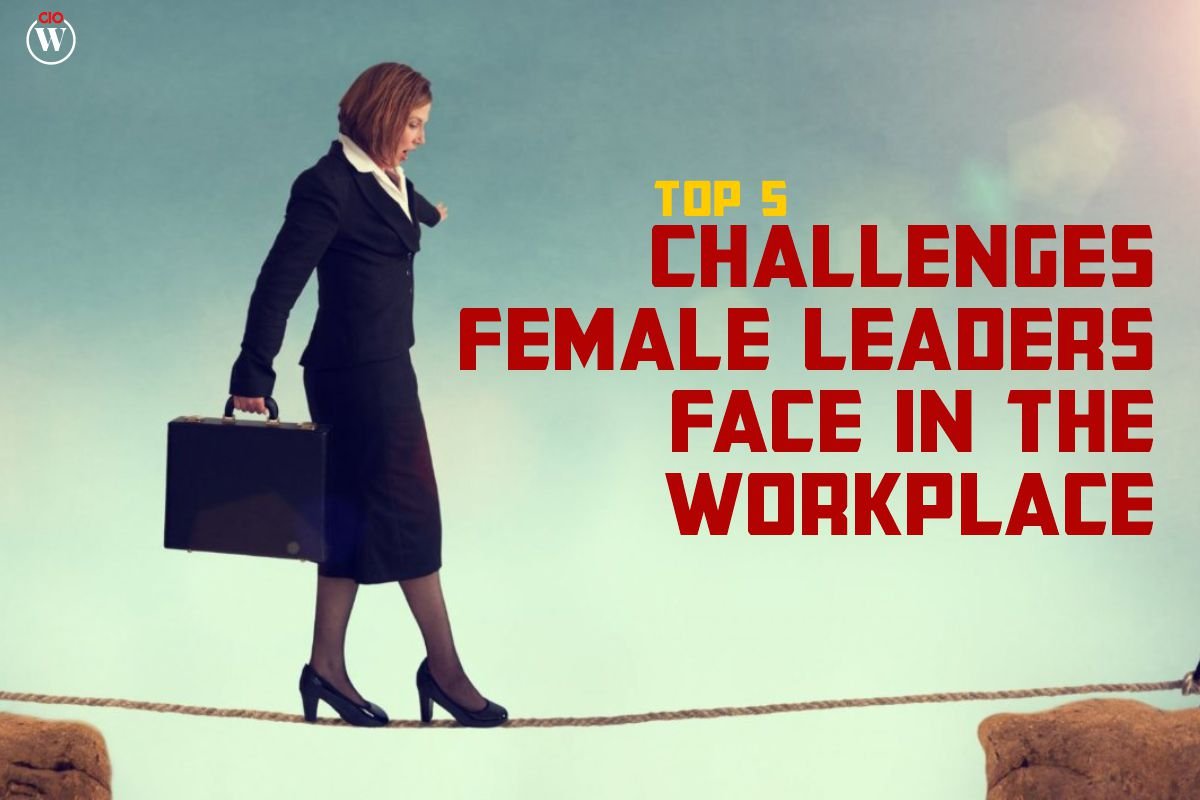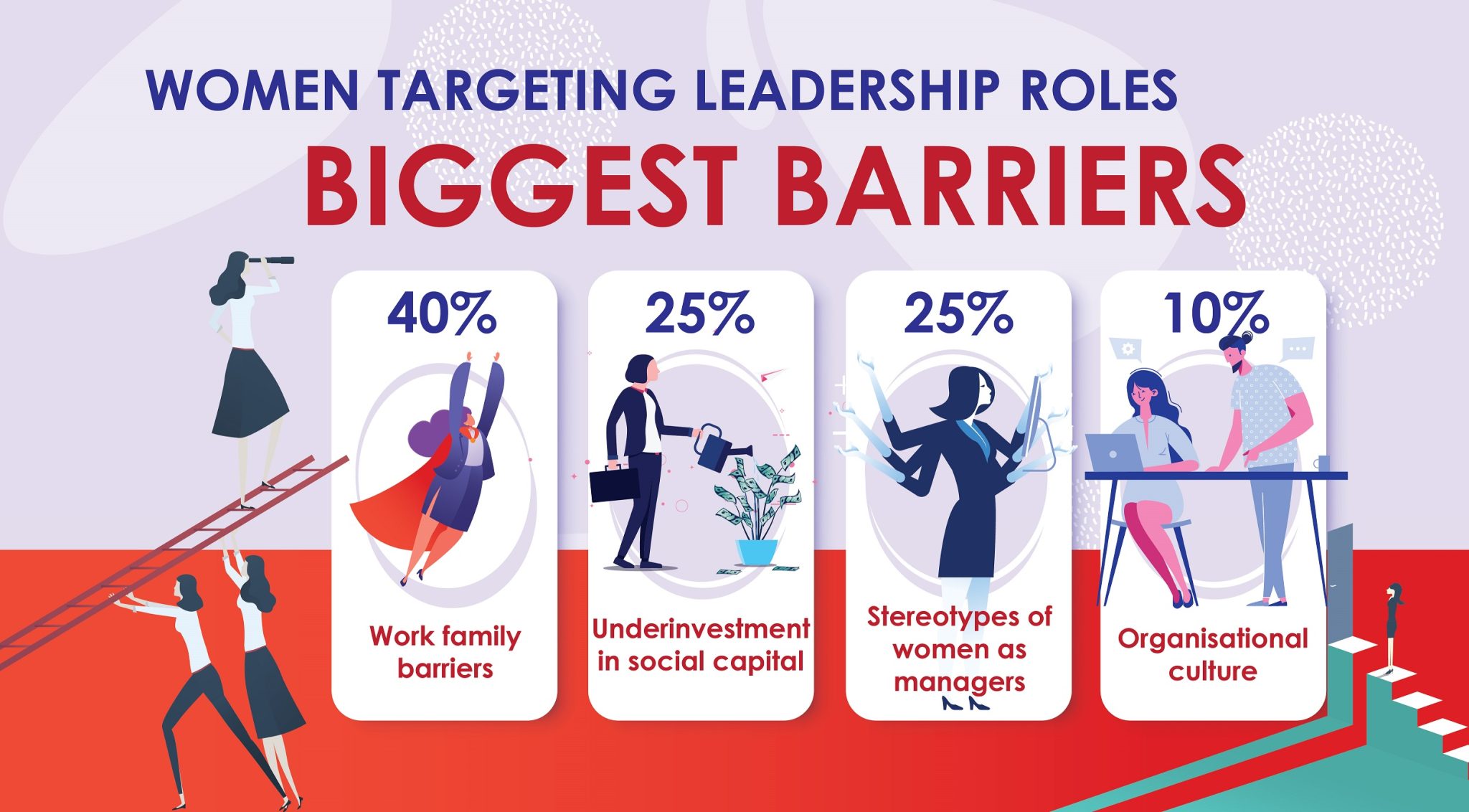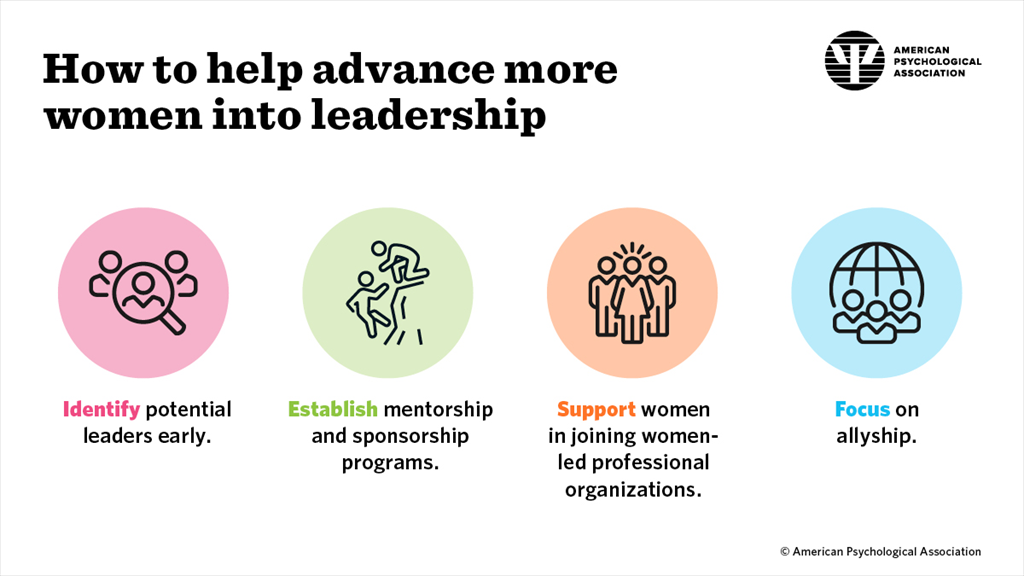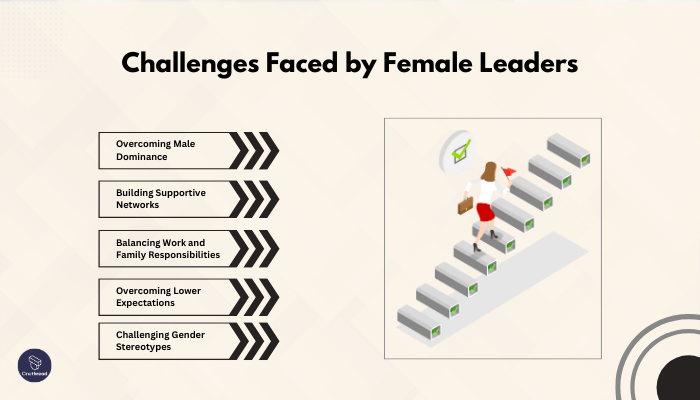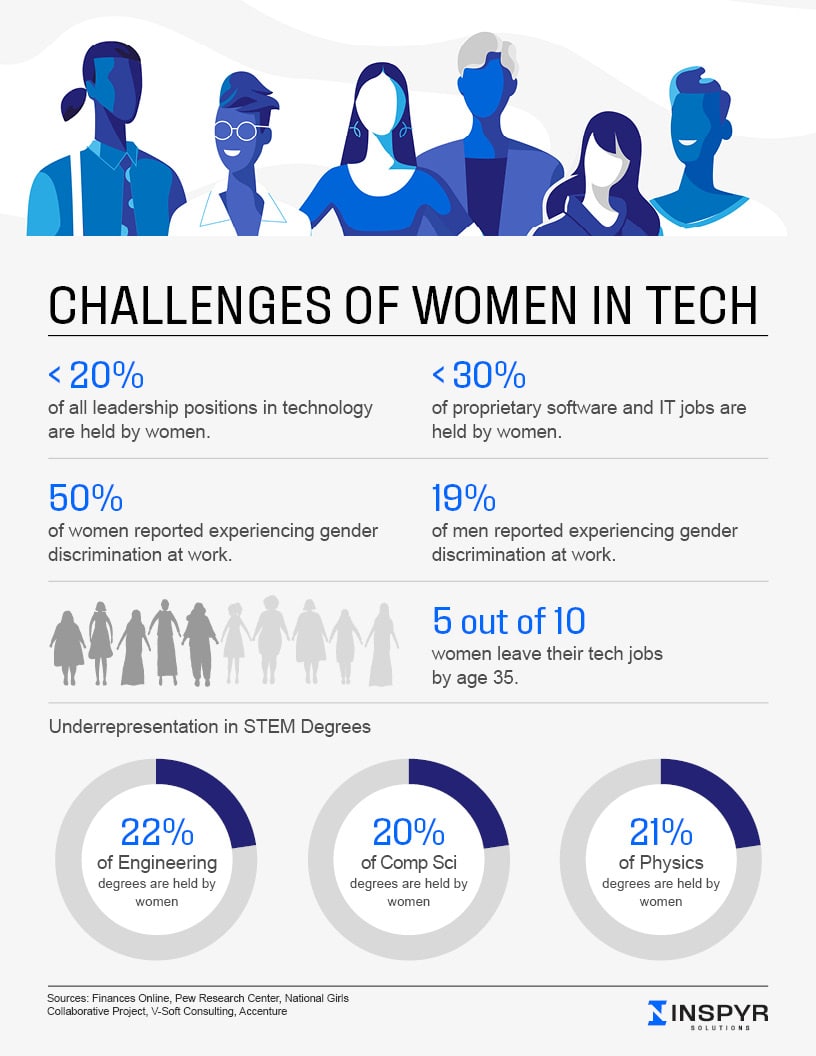What Are Main Challenges For Female Leaders
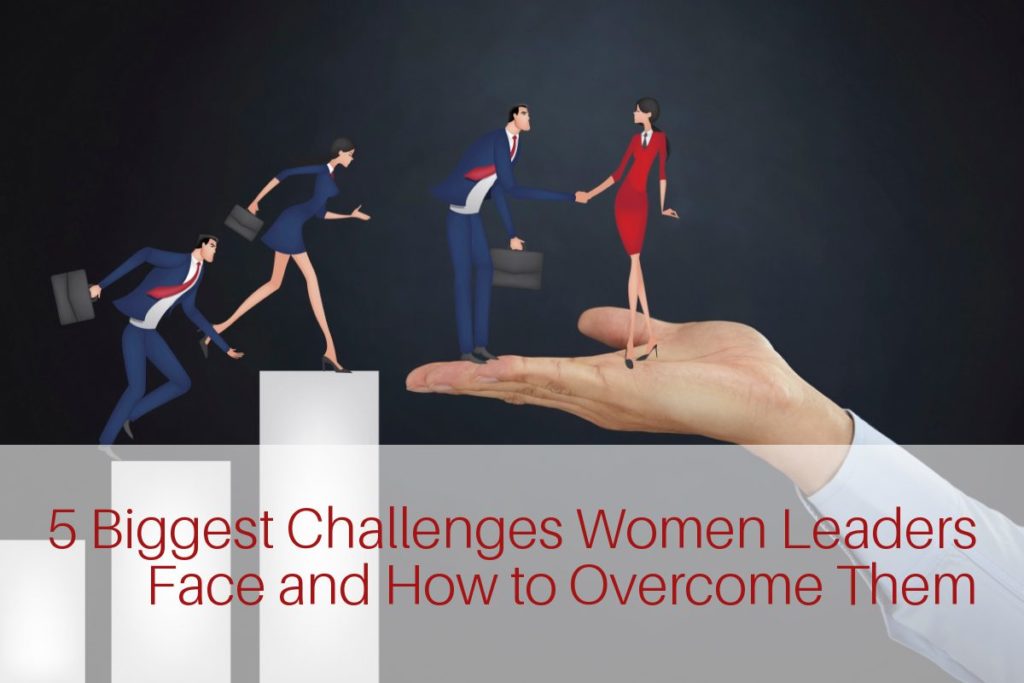
Female leaders continue to face significant hurdles in achieving true equality within the professional sphere, despite notable progress. These challenges range from persistent bias and limited access to crucial resources to navigating complex societal expectations and systemic barriers.
The Persistent Gender Bias
Unconscious bias remains a substantial obstacle for women aiming for and holding leadership positions. Studies reveal that women are often judged more harshly than men for similar behaviors and achievements.
Research by Catalyst consistently demonstrates that women must provide more evidence of competence than men to be seen as equally qualified.
This bias manifests in performance reviews, promotion opportunities, and access to high-profile projects.
Limited Access to Networks and Mentorship
Informal networks and mentorship play a vital role in career advancement, yet women often find themselves excluded from these circles. The "old boys' club" mentality persists in many industries.
A 2020 report by McKinsey & Company found that women are less likely than men to have sponsors who actively advocate for their advancement.
This lack of access limits opportunities for guidance, support, and critical connections.
Navigating Work-Life Integration
Societal expectations continue to place a disproportionate burden of childcare and household responsibilities on women. This creates a significant challenge for female leaders striving to balance professional and personal commitments.
According to the Pew Research Center, mothers are more likely than fathers to say that being a working parent makes it harder to advance in their careers.
The pressure to be both a "perfect" employee and a "perfect" parent can lead to burnout and hinder career progression.
Addressing the Confidence Gap
Studies suggest that women, on average, tend to underestimate their abilities and achievements compared to men. This "confidence gap" can prevent women from pursuing leadership roles or negotiating for better compensation.
Research by Linda Babcock, author of "Women Don't Ask," reveals that women are less likely than men to negotiate their salaries and benefits.
This hesitation can have long-term consequences for their earning potential and career trajectory.
Combating Stereotypes and Microaggressions
Female leaders frequently encounter stereotypes and microaggressions that undermine their authority and credibility. These subtle yet pervasive forms of discrimination can create a hostile work environment.
Examples include being interrupted in meetings, having their ideas dismissed or attributed to others, and being judged on their appearance rather than their qualifications.
These experiences can erode confidence and contribute to feelings of isolation.
Moving Forward: The Path to Equality
Addressing these challenges requires a multi-pronged approach involving individual action, organizational change, and policy reform. Companies must actively promote diversity and inclusion, implement bias training, and create supportive environments for female leaders.
Mentorship programs, flexible work arrangements, and equal pay policies are crucial steps towards leveling the playing field. Furthermore, challenging societal norms and stereotypes is essential for fostering a more equitable future for women in leadership.
Ongoing efforts to track progress, measure the impact of interventions, and hold organizations accountable are vital to ensure lasting change.

